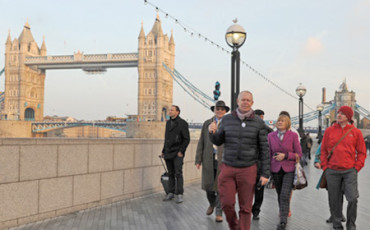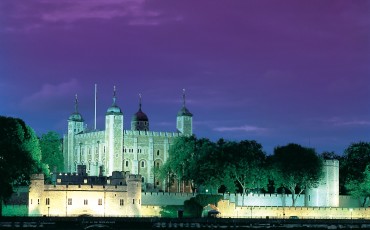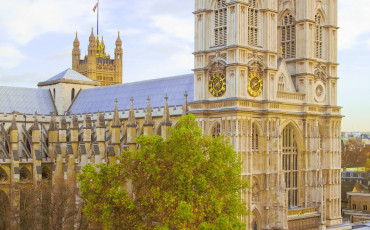Search Results
Blog Posts
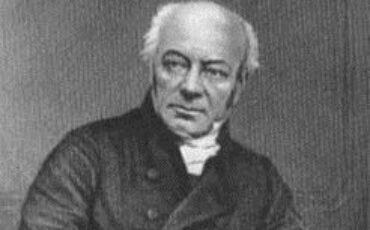
William Buckland - The Dinosaur Dean - at Westminster Abbey in London
Working as a Blue Badge Tourist Guide in I often show my guests – especially if they have young children - the bust of the William Buckland in the south aisle of Westminster Abbey. He may hardly be a household name but Buckland is memorialised for his appointment as Dean of the Abbey in 1845 and his work as an early palaeontologist and undergroundologist (geologist). He excelled at two of the new sciences that would enthral Britain in the nineteenth century.
Read more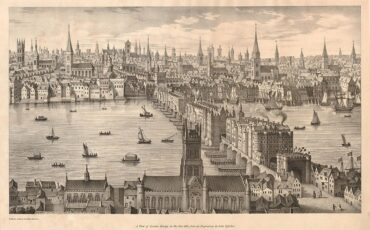
History of the Old London Bridge, the Original Bridge Over the River Thames
One of the most striking and admired structures throughout the history of the City of London is its medieval inhabited stone bridge. Bridges with houses were relatively common in medieval Europe; examples include Bath’s Pulteney Bridge, which is still open for business. However, the old London Bridge, aka the Bridge, as it was commonly known, was the most populous of them all. It is calculated that its 140 houses housed 800 people in the fourteenth century, and the Bridge’s population averaged 500.
Read more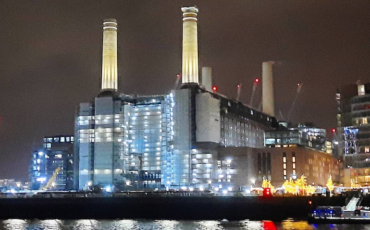
The Battersea Power Station – One Of London’s Great Landmarks
One of London’s iconic buildings, the Battersea Power Station has gone from being an engineering marvel to a symbol of industrial dilapidation and is now home to one of the capital’s most prestigious redevelopment schemes. Gossip news may reveal a stream of high profile celebrities moving in but chief amongst its tenants will be Apple, which will use six floors of the station’s former Boiler House, as its main London HQ.
Read more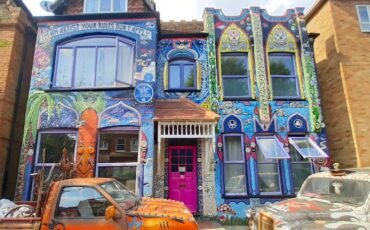
The Carrie Reichardt Mosaic House in Chiswick, London
Spitalfields, Shoreditch, and Penge have established themselves as London’s hottest spots when it comes to street art, where you will find uncensored, clandestine, and sometimes sanctioned works adorning any spare wall or surface in reach of stealthy street artists.
Read more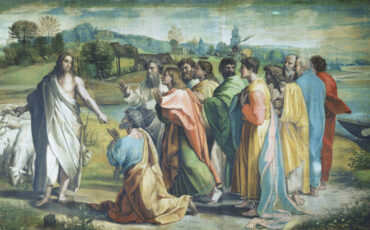
London’s Famous Mortlake Tapestry Works
Opposite the church of St Mary The Virgin, Mortlake a path called Tapestry Court leads to the River Thames. Here you will find a plaque memorialising the seventeenth century Lower Dutch House, one of the former buildings of the Mortlake Tapestry Works.
Read more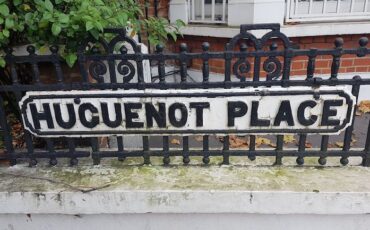
The Huguenots Of Wandsworth, South London
The indelible mark left by the Huguenot community and their development of the silk weaving industry is the stuff of legend. Their skills and entrepreneurial drive led them to settle across the south of England and in America. In the aftermath of the revocation of the Edict of Nantes in 1685, the small trickle arriving in Britain turned into a steady flow and, by the beginning of the eighteenth century, Huguenots made up five per cent of London’s population. Some of these refugee families headed to a small village, now a suburb of South London called Wandsworth.
Read more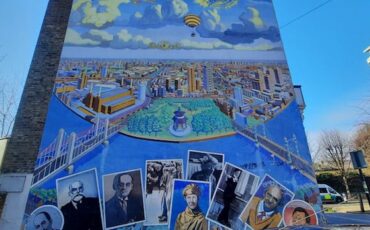
Brian Barnes Murals In Battersea, South London
Few people are as passionate about the Battersea area of London than muralist Brian Barnes MBE, who for the last forty-five years has been leaving his artistic touch on derelict industrial carcasses and council housing estates, some in plain sight and others in the most inconspicuous of locations. He first gained recognition in 1976 with his 267 foot long mural: Battersea: The Good, the Bad and the Ugly, on Battersea Bridge Road, which depicted a brush sweeping away the industrial dilapidation along Battersea’s riverfront, and replacing it with a colourful utopian vision of social prosperity for the local community.
Read more

